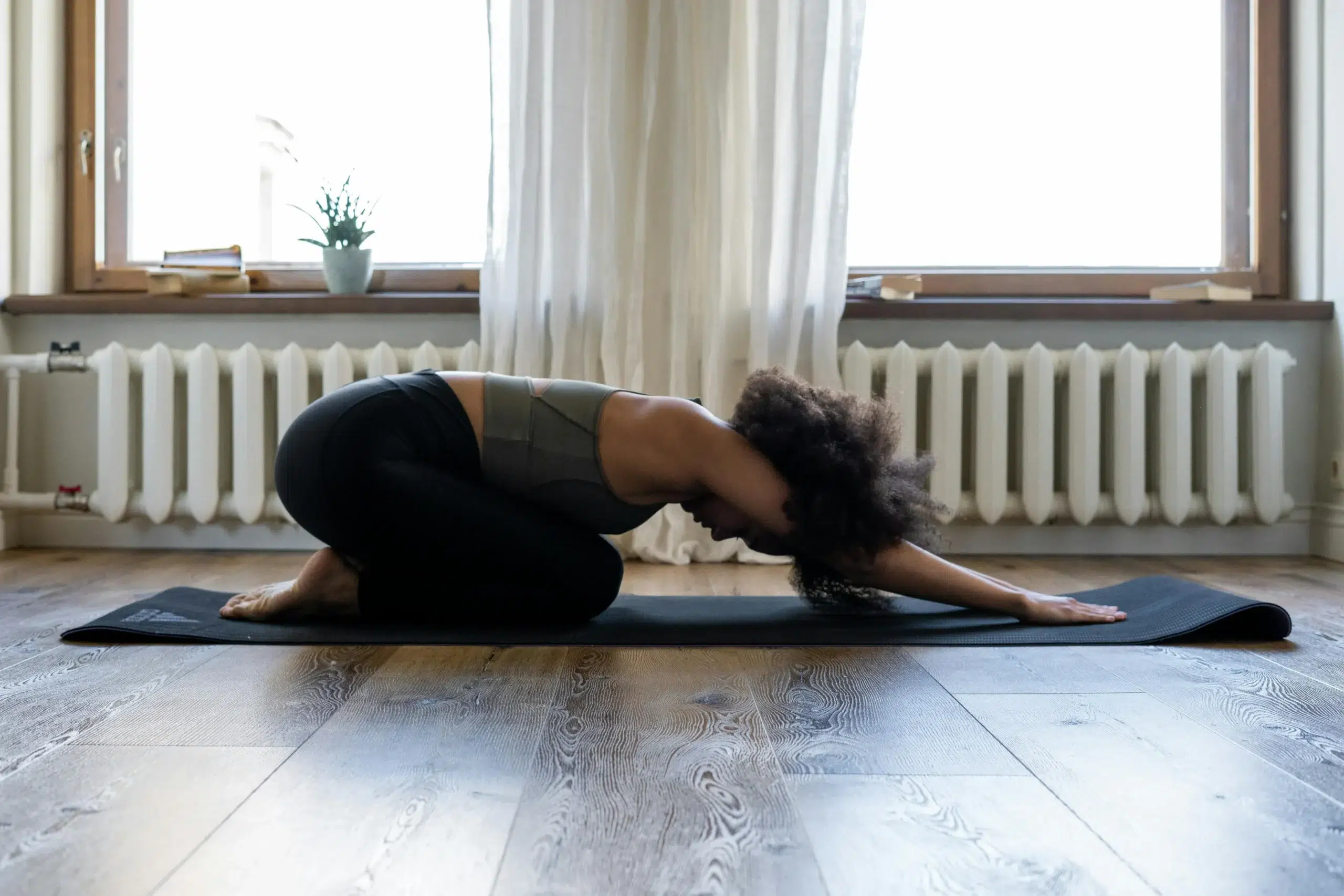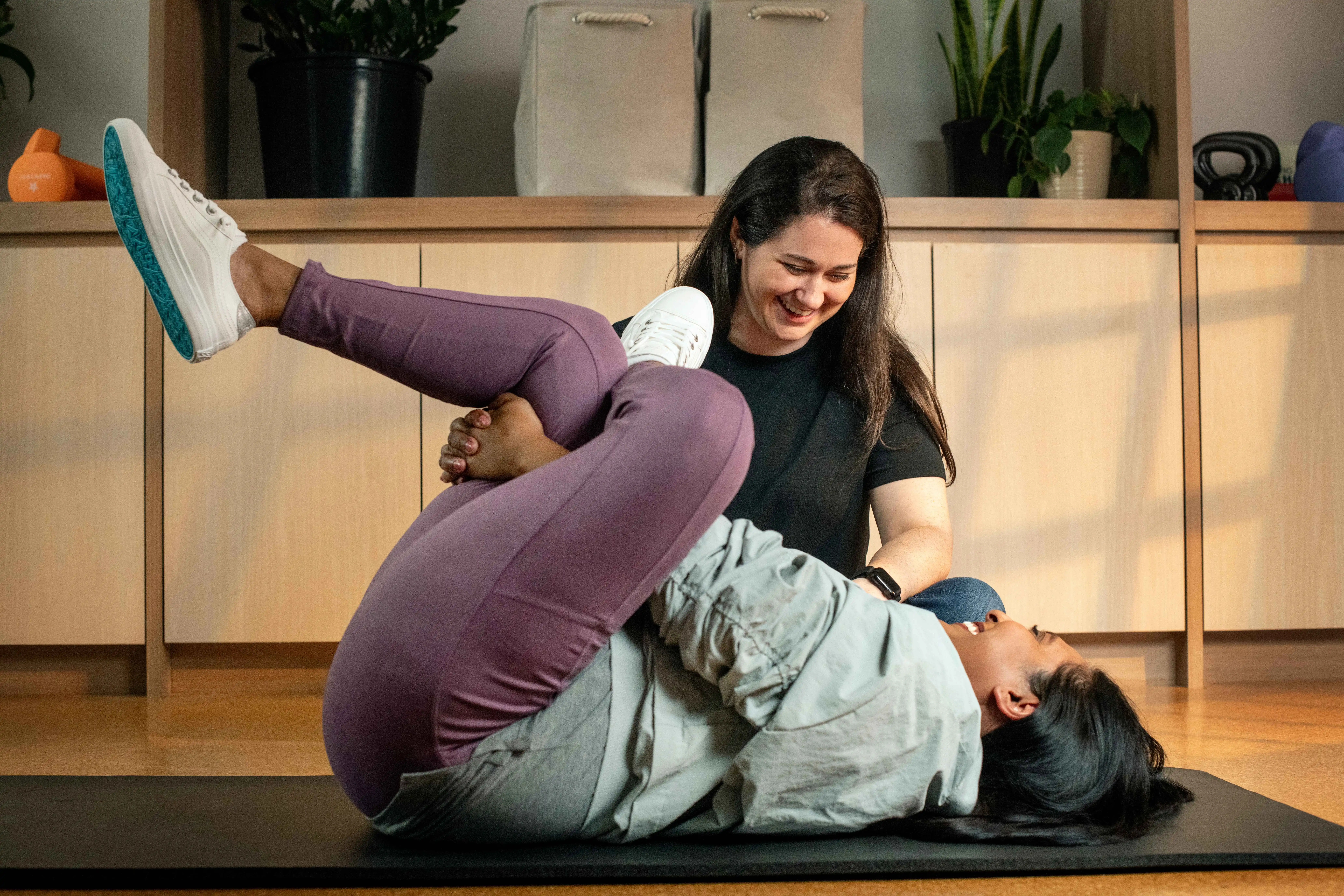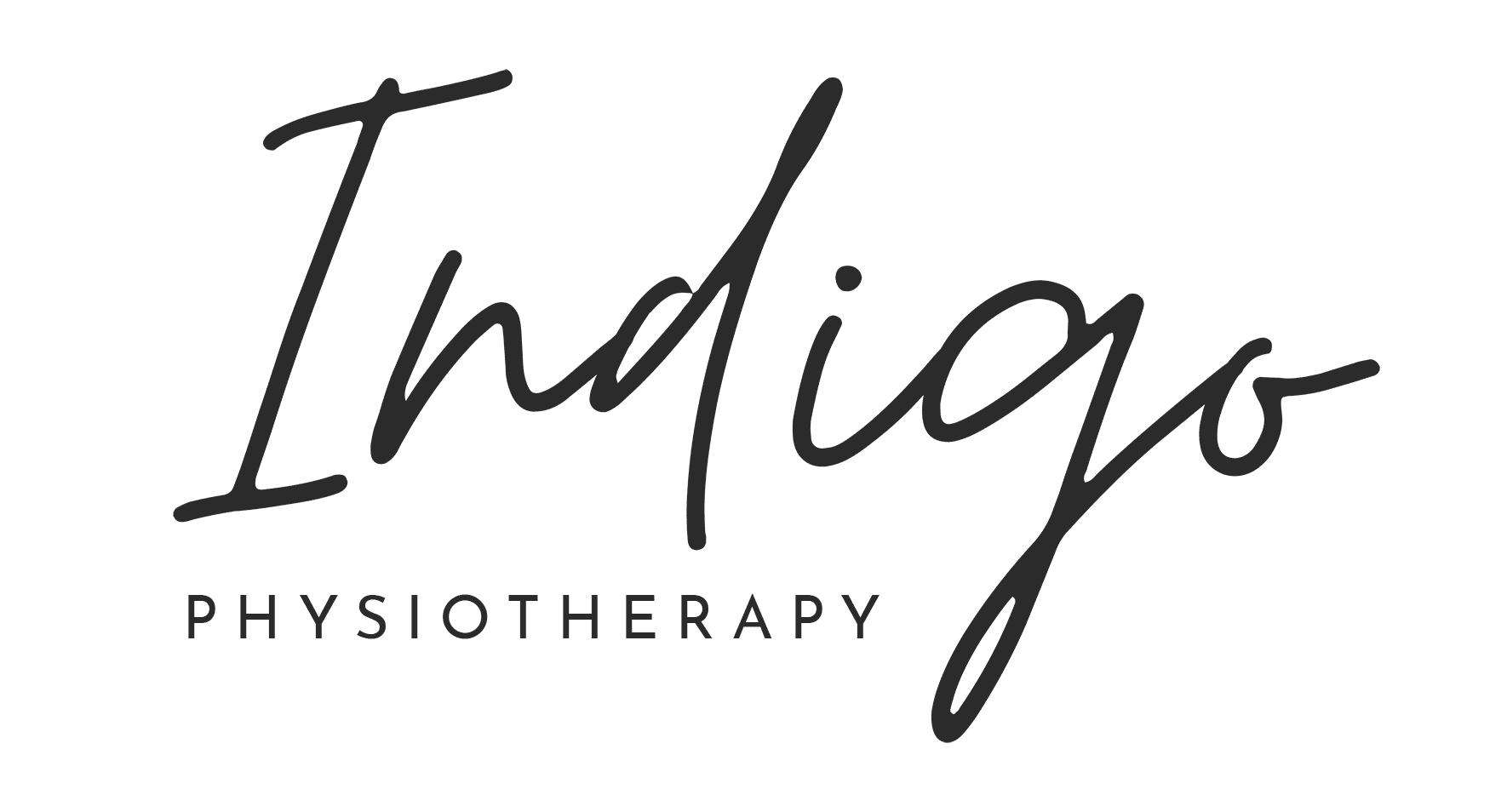At Indigo Physiotherapy, we understand that pain or problems don’t exist in isolation—they often occur as a result of seemingly unrelated impairments in other parts of the body. This is especially true when it comes to pelvic health. If you’ve experienced pelvic pain, incontinence, or discomfort in your hips or lower back, it may surprise you to learn that these issues could be connected to orthopedic dysfunction elsewhere in your body.
In this blog, we’ll explore the fascinating connection between orthopedic issues and pelvic health and how addressing these problems can lead to lasting relief.
Understanding the Body’s Connections: Regional Interdependence
Your body is an interconnected system, where dysfunction in one area can cause problems in others. This concept is known as regional interdependence. It explains why pelvic health concerns are often linked to issues in seemingly unrelated parts of the body.
For instance, a hip injury can lead to pelvic floor pain, or poor foot alignment can strain your pelvic muscles. This interconnectedness highlights the importance of treating the whole body—not just focusing on one area—when addressing pelvic health.
The Overlooked Role of Feet in Pelvic Health
One of the overlooked areas to assess when it comes to pelvic floor dysfunction is the feet. As the foundation of your body, your feet play a crucial role in how you interact with the environment and maintain balance.
What makes this connection between the feet and pelvic floor so profound is the network of fascia—a thin layer of connective tissue that links and supports your muscles, bones, and organs.
Fascia connects the feet, pelvis, deep core muscles, and even the diaphragm, creating a continuous chain throughout the body. When the feet are activated properly with each step, this tension can help improve the contraction of pelvic floor muscles.
When your feet are not properly aligned or supported, it can lead to changes in your movement patterns that place stress on your pelvic floor and pelvic girdle.
-
- High Arches and Rigid Feet: If your feet have limited flexibility or high arches, they may not absorb shock effectively when walking or running. This increases the load on your pelvic floor muscles, which can contribute to conditions like urinary incontinence.
-
- Flat Feet and Collapsed Arches: In contrast, if your feet are too flexible or collapse excessively inward, this movement can affect the position of your pelvis and femur. The body now requires greater strength to control this positioning which can lead to further stress up and down the fascial chain (pelvic floor to foot).
In a physical therapy session at Indigo, we might work on how well the middle part of your foot absorbs shock during walking, a process called pronation. If your foot doesn’t move enough (lacks pronation) or moves too much (overpronates), it can affect your alignment and put extra strain on your pelvic muscles.
By addressing foot mechanics in therapy, we can reduce strain on the pelvic floor, improve muscle strength, and relieve pain.

Posture and Pelvic Health: The Importance of Alignment
Posture is another crucial aspect of pelvic health. You may have heard the common advice to “keep your shoulders back” or “tuck your pelvis,” but these cues can sometimes do more harm than good. Overcorrecting your posture can cause imbalances in your body, leading to pelvic floor dysfunction.
Shoulders Back: While this cue is meant to improve posture, it can often cause your rib cage to flare forward, disrupting your breathing patterns and core function. This poor alignment puts extra pressure on your pelvic floor.
Tucking the Pelvis: Tucking the pelvis under can shorten the pelvic floor and glutes, reducing their overall effectiveness in providing optimal stability.
At Indigo, we teach you how to align your rib cage over your pelvic girdle, creating a balanced posture that supports pelvic health. This allows for better core strength, breathing, and muscle function, reducing the risk of pelvic floor strain during everyday activities like laughing, lifting, or jumping.
Orthopedic Pain and Pelvic Floor Dysfunction: What’s the Connection?
Orthopedic conditions often go hand-in-hand with pelvic floor dysfunction. Patients come to us with chronic pain in areas like the hips, knees, or lower back, only to discover that these problems are linked to pelvic floor issues. Two examples that we see in the clinic are:
Hip Labral Tears: A hip labral tear can cause other muscles, including the pelvic floor, to overwork and tighten in an attempt to stabilize the joint. This can result in tailbone pain, vulvovaginal discomfort, or even urinary symptoms.
Neck Pain and TMJ Dysfunction: Surprisingly, even jaw clenching and teeth grinding can affect pelvic health. Fascial connections between the jaw, neck, and pelvic floor mean that tension in one area can create tightness in another. As a result, patients with TMJ dysfunction often experience pelvic floor tightness or pain.

Take Charge of Your Pelvic Health Today
If you’re experiencing pelvic pain, incontinence, or chronic orthopedic pain, it’s time to look at how the different areas of your body may be contributing to your symptoms. At Indigo Physiotherapy, we specialize in uncovering the connections between orthopedic dysfunction and pelvic health. Our holistic approach will help you find relief and restore your body’s balance.
Contact us today to schedule a consultation and start your journey to better pelvic health.
Learn more about how running impacts your pelvic floor health. Whether you’re a seasoned runner or just starting out, the repetitive motion of running can place unique demands on your pelvic floor.
We’ll dive into the common issues runners face and how to optimize your pelvic health to keep running strong and injury-free. Be sure to check back for expert tips and insights from Dr. Sam and our team.







